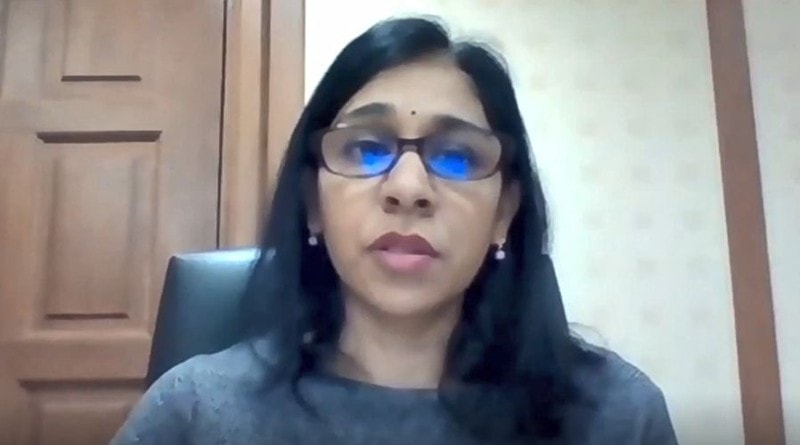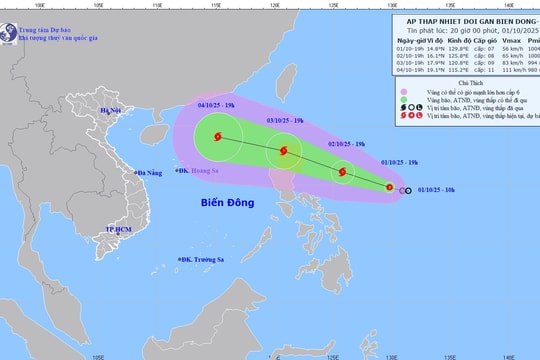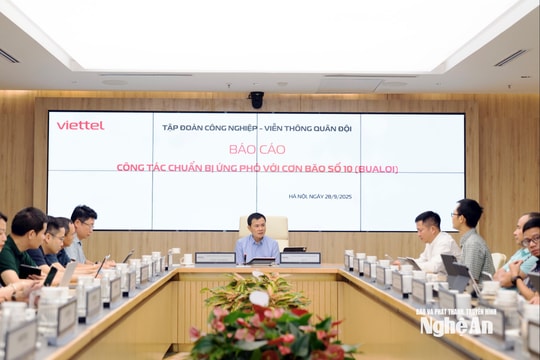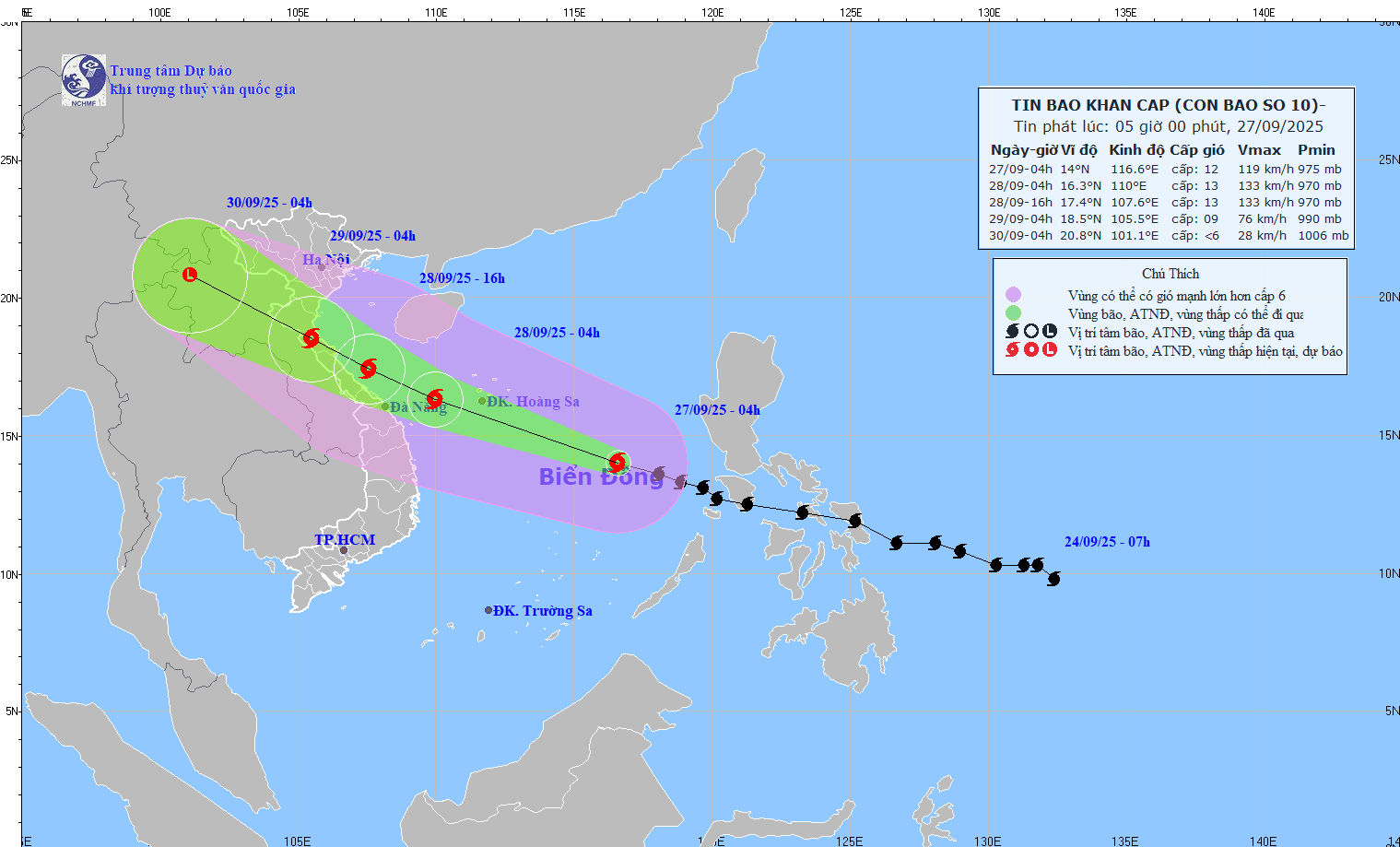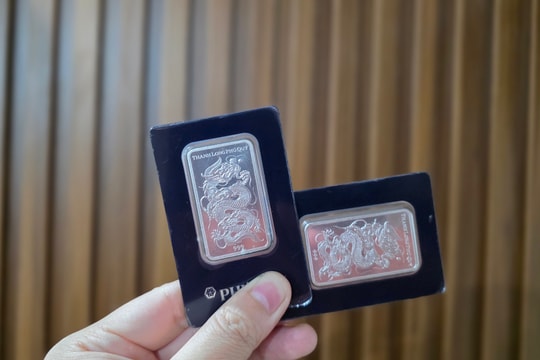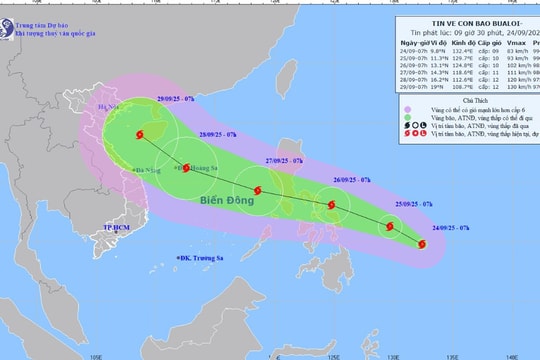Taking advantage of the Covid-19 epidemic, China increases 'unprecedented' wrongdoings in the East Sea
China is taking advantage of the Covid-19 pandemic to step up a series of “unprecedented” wrongdoings in the East Sea.
This is the opinion given by Ms. Sumathy Permal, Director of the Malacca Strait Maritime Research Center, Malaysia, at the online seminar on the East Sea issue with the theme "Passing through disputed waters" held on May 15.
|
| Ms. Sumathy Permal, Director of the Malacca Strait Maritime Research Center, Malaysia at the Workshop. |
Dangerous aggressive behavior
According to a Malaysian expert, since the beginning of 2020, the East Sea has become a “hot spot” witnessing China’s provocative and aggressive actions against countries in the region. China has deployed a large number of ships to the exclusive economic zones (EEZs) of countries and engaged in dangerous provocative and harassing actions.
Ms. Sumathy Permal also said that China has also taken advantage of the complicated developments of the Covid-19 epidemic in countries in the region to continue to escalate tensions, causing great concern to the international community, typically the incident in which a Chinese Coast Guard ship sank the Vietnamese fishing boat QNg 90617 TS with 8 fishermen on board on April 2.
Notably, this is not the first time China has committed such a dangerous and condemnable act. Nearly a year earlier, in June 2019, a Philippine fishing boat with registration number F/B GIMVER1 and 22 fishermen on board was also sunk by a Chinese ship near the Reed Bank in the East Sea.
|
| China has continuously deployed ships to carry out dangerous provocative acts in the East Sea. Photo: AP |
“The above-mentioned aggressive actions, along with China's illegal reclamation of reefs in the East Sea and construction of illegal structures on them over the years, and its brazen declaration of the establishment of the so-called "Nansha" and "Xisha" zones in the waters under Vietnam's sovereignty, are considered to be China's calculated steps to realize its ambition to monopolize the East Sea through its Blue Sea 2020 strategy,” Ms. Sumathy Permal emphasized.
This female expert pointed out that one of the main tactics that China has frequently used over the past 10 years is to deploy mixed groups of fishing boats, coast guard ships and maritime surveillance ships to the waters of countries in the region to carry out illegal exploitation, harass, even provoke and attack ships of other countries.
More worryingly, this behavior of China has not only been maintained continuously for many years but has also increased in frequency, level and number of participating ships, reaching an "unprecedented" level in early 2020 and is expected to increase sharply in the coming time when China has "freer hands" in dealing with Covid-19.
|
| Along with the brazen declaration of the establishment of the so-called "Nansha District" and "Xisha District" in the waters under Vietnam's sovereignty, China also announced the so-called "standard names" for 80 new entities in the East Sea. Photo:AFP |
Maintain legal and diplomatic measures
Given the complex and unpredictable developments in the East Sea in recent times, Ms. Sumathy Permal said that the most important thing now is that countries in the region, including Vietnam, the Philippines and Malaysia – which have been most affected by China’s wrongdoings – need to continue to maintain tougher legal and diplomatic measures to deal with China.
Specifically, countries in the region have agreed on a legal framework to protect resources and minerals in the East Sea to prevent illegal exploitation by China as well as to prevent China from continuing to make disruptive moves, hindering the exploitation, fishing and legal oil and gas exploration activities of countries in the region and other partners. In addition, some countries in the region, although not directly involved in the East Sea dispute such as Indonesia, have also participated in proposing solutions and legal and diplomatic frameworks to resolve tensions in the East Sea.
There are currently at least three different legal and diplomatic mechanisms and frameworks involving both disputing countries such as China, Malaysia, the Philippines and Vietnam and non-disputing countries in the East Sea such as the US, Australia, Japan, South Korea... to resolve the current tense situation.
However, Ms. Sumathy Permal believes that the above mentioned legal and diplomatic frameworks, although quite complete and synchronous, are still not enough to force China to give up its wrongful ambitions. In fact, despite repeatedly declaring to respect cooperation and dialogue agreements and avoiding activities that escalate tensions in the East Sea, China has continuously made countries in the region and the international community extremely concerned about its aggressive actions that have made the regional situation more tense than ever.
This shows that these legal and diplomatic frameworks are still not legally binding enough to force China to end its wrongful actions. Similarly, the Declaration on the Conduct of Parties in the East Sea (DOC), although adopted by China and ASEAN in 2012 and considered an important document in maintaining peace and stability in the East Sea, has not been able to fully exert its effect because it is also not binding.
Meanwhile, the acceleration of the negotiation process through the Code of Conduct of Parties in the East Sea (COC) - with high legal binding - which is expected to prevent tensions in disputed areas in the East Sea - is facing major obstacles due to the Covid-19 pandemic, which prevents the negotiations on the COC from taking place directly according to the roadmap agreed upon by the parties.
“I still believe that it is very important to continue to promote the COC negotiation process in the coming time [when the Covid-19 pandemic is over - Editor's note]. However, the negotiation results may be very different from before if we consider what is happening on the ground to ensure that the success in passing the COC is a result worthy of the efforts and political determination of the countries participating in the negotiations,” Ms. Sumathy Permal stated./.

